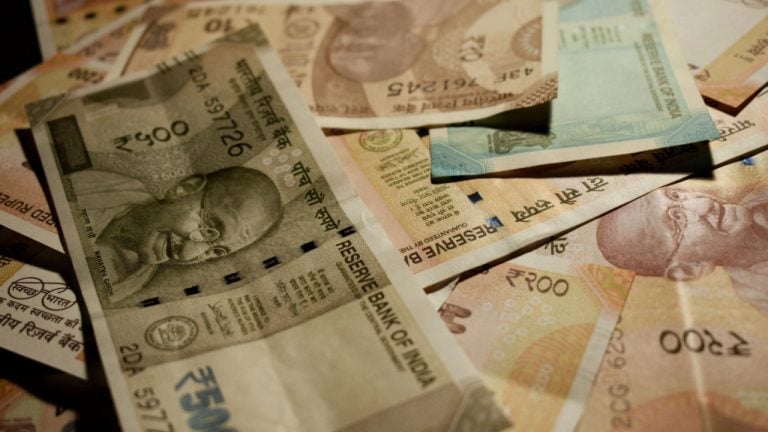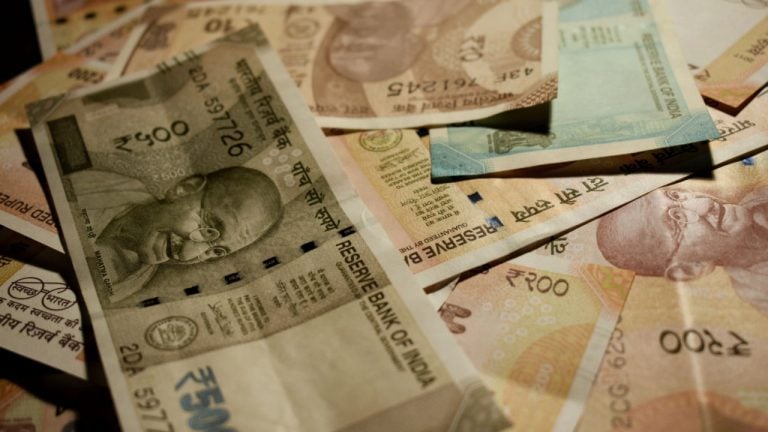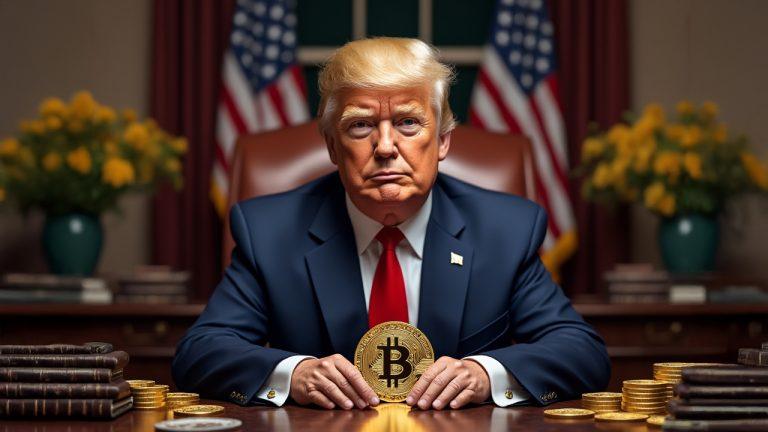
India to Facilitate International Settlements in Rupees to Reduce Dependence on the US Dollar

The government of India has announced that it will facilitate the settlement of international transactions using its national currency, the rupee. As part of its foreign trading policy framework implemented on April 1, the country introduced this measure to facilitate payments for countries experiencing a U.S. dollar crush.
India to Offer Rupee-Based Settlement Options for International Commerce
India’s government is introducing new settlement methods apart from the U.S. dollar for international commerce. The new foreign trade policy guidance, which was implemented on April 1, includes a new option of settling payments in Indian rupees, giving countries facing a U.S. dollar crush a way to continue trading with the country.
The new directive would be directed to help countries like Sri Lanka, Bangladesh, and Egypt, which are facing difficulties in obtaining U.S. dollars to keep bartering goods with India. Commerce secretary Sunil Barthwal stated that this measure would help disaster-proof these countries against a hypothetical dollar drought.
The move is part of the efforts of New Delhi to profile its currency at a global level. In this sense, the Department of Commerce of India explained this new foreign trade policy plan was designed to “work towards making Indian Rupee a global currency, adding further impetus to India’s emergence as the global trading hub.”
Countries Moving Away From the U.S. Dollar Hegemony
India is the last one in a line of countries that have put in motion certain initiatives to shift away from using U.S. dollars, at least for international settlements. China, part of the BRICS bloc, which is also integrated with India, Brazil, Russia, and South Africa, has also been promoting the use of the Chinese yuan as part of an international de-dollarization policy.
In the meeting that Chinese President Xi Jinping and Russian President Vladimir Putin held as part of Xi’s visit to Russia on March 21, Putin supported the use of the Chinese yuan to settle payments with emerging economies in Asia, Africa, and Latam. Also, more recently, China inked a deal with the Brazilian government in order to ditch the dollar for their bilateral settlements, substituting it for national currencies.
Other blocs are also contemplating different ways to diminish their reliance on the U.S. dollar. ASEAN, the Association of Southeast Asian Nations, a bloc that integrates Brunei, Cambodia, Indonesia, Laos, Malaysia, Myanmar, the Philippines, Singapore, Thailand, and Vietnam, is pushing its members to use national currencies for payments, as they fear U.S. secondary sanctions for not enforcing a trading ban on Russia.
What do you think about India’s rupee-centric settlement options to reduce dollar dependency? Tell us in the comment section below.
Go to Source
Author: Sergio Goschenko








